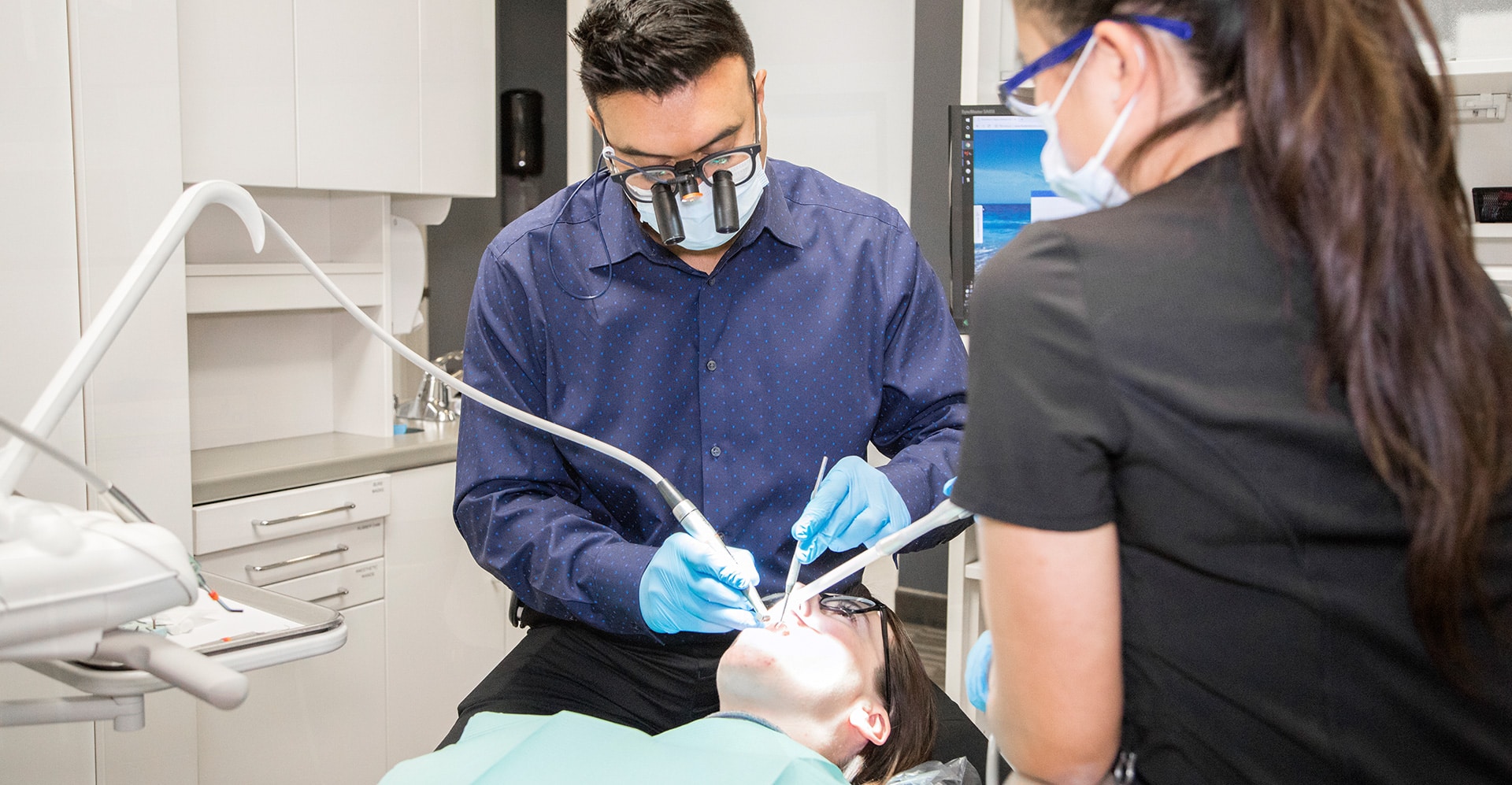In order to prevent tooth decay, fluoride is the most effective agent available on the market. As we all know, it is a mineral that is naturally found in varying amounts in almost all forms of food and water. There has been a good deal of knowledge about the benefits of fluoride for over 50 years, and many health and professional organizations are in support of its use.
There are two ways in which fluoride works:
By seeping into the outer surface of the tooth enamel, topical fluoride works to strengthen the teeth once they have erupted, making the teeth more resistant to decay once the teeth have formed. It is possible to gain topical fluoride through the use of dental products containing fluoride, such as toothpaste, mouth rinses, and gels that contain fluoride. A professional application of fluoride is generally recommended by dentists and dental hygienists twice a year for children as part of their regular dental checkups.

In addition to strengthening the teeth that have already erupted, systemic fluoride also strengthens those that are developing beneath the gum line. The majority of foods we eat and the water we drink in our communities provide us with systemic fluoride for our bodies. Alternatively, it can be purchased as a supplement in the form of drops or gels, which can be prescribed by your dentist or physician. Fluoride drops are generally recommended for infants, while fluoride tablets are best suited for children from the age of six to ten. Observing the amount of fluoride that a child consumes is extremely important in order to prevent fluorosis in the future. There is a possibility of developing fluorosis (white spots on the teeth) if too much fluoride is consumed during a period when the teeth are developing.
It is true that the majority of people receive fluoride from food and water, but sometimes it is not enough to prevent tooth decay from occurring. For the following reasons, your dentist or dental hygienist may recommend that you use fluoride treatments both at home and at the dentist’s office:
In order to prevent tooth decay, fluoride alone is not sufficient. The importance of brushing twice a day, flossing regularly, consuming a balanced diet, reducing sugary snacks, and visiting your dentist regularly cannot be overstated.
Our dentists pride themselves on putting your needs first and offering FREE PARKING — a rarity for downtown dentists. We care and we listen. Our dentists have years of experience and are here to serve your needs at every appointment. If you have a question about your smile or need a second opinion, we’re here to help.

The Dental Room has been serving the community for several years in Downtown Calgary. We provide our patients with high-quality, affordable, and comprehensive dental care. In our general dentistry clinic, we utilize the latest in dental technology and techniques. Our goal is to provide a healthy and beautiful smile for a lifetime.
| Monday | 10:00 a.m. – 06:00 p.m. |
| Tuesday | 09:00 a.m. – 02:00 p.m. |
| Wednesday | 09:00 a.m. – 05:00 p.m. |
| Thursday | 09:00 a.m. – 05:00 p.m. |
| Friday | CLOSED |
| Saturday | CLOSED |
Copyright © The Dental Room All Rights Reserved